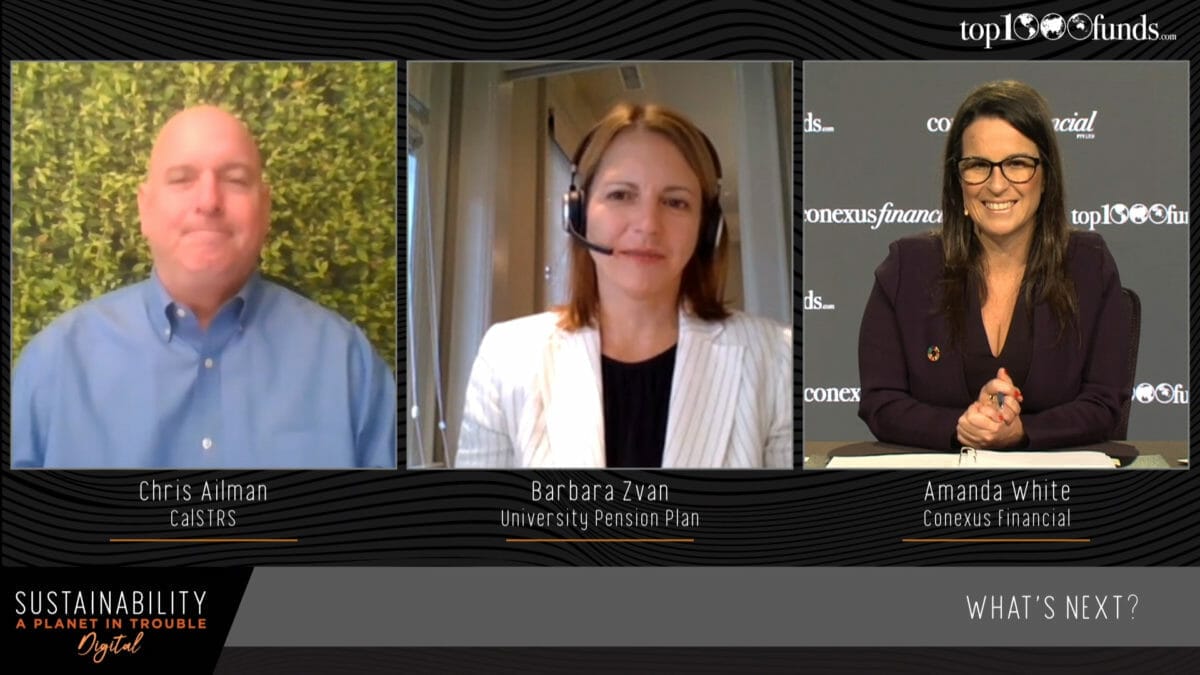Should investors collectively prioritise engagement issues, and if so what is at the top of the list?
This was one of the topics delegates discussed at the 8th Sustainable Finance Forum run by the Oxford University Smith School of Enterprise and the Environment together with The Rothschild Foundation and the KR Foundation.
At the conference, which focused on the future of engagement and active ownership, academics, asset owners, asset managers, consultants and not-for-profits discussed how to progress the effectiveness of corporate engagement and investor stewardship.
Investors at the event agreed that working together was imperative to progressing engagement and having impact.
Delegates heard how companies have said that engagement focuses too much on issues that impacted short term financial results, and not enough on long term strategy or understanding the company.
Investors in the room discussed whether they should be collaborating their efforts on big world issues, such as saving the Amazon, rather than on say executive pay. Does it matter how much someone earns if there’s not enough oxygen in the world to allow for easy breathing? Investors were encouraged to send their ideas to Ben Caldecott, director of the Oxford Sustainable Finance Programme, who would coordinate the priorities.
The conference addressed the future of engagement and looked at new approaches to enhance engagement including the use of satellite data and other data sets to enhance decision making.
It addressed the differences in geographical and cultural problems in advancing engagement including the particular nuances of developing economies and investing in companies in emerging markets.
A good deal of discussion was on how investors can be effective stewards of capital and universal owners through engagement as more assets are allocated to unlisted markets.
Caldecott said the conference was also a conduit for prioritising the university’s research program.
“Clearly there is a lot to do. I believe in five years time we can make a big difference to how effective engagement is,” he said.




